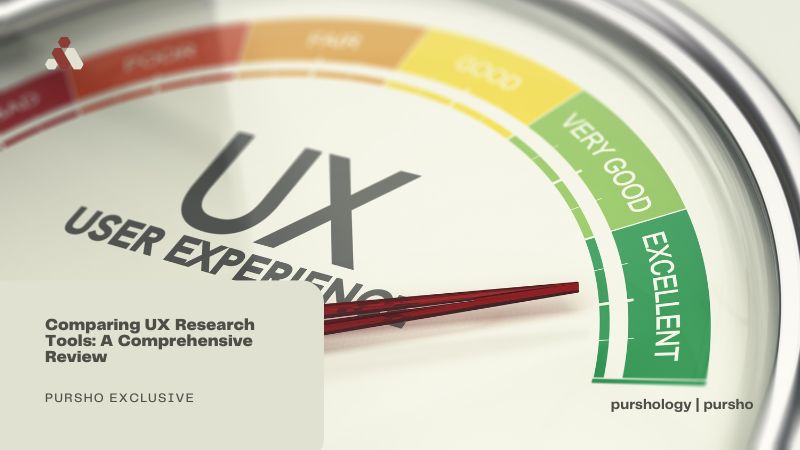In the ever-evolving landscape of user experience (UX) design, having the right tools at your disposal can make all the difference in delivering exceptional products. With a plethora of UX research tools OR UX research repositories available in the market, it can be challenging for designers to navigate and select the most suitable options for their needs. In this comprehensive review, we’ll compare and contrast some of the leading UX research tools, providing insights into their features, functionalities, and suitability for various design projects.
Understanding the Importance of UX Research Tools
UX research tools are indispensable assets for designers, facilitating the collection, analysis, and interpretation of user data and feedback. These tools encompass a wide range of functionalities, including user testing, journey mapping, survey creation, and data visualization, all aimed at gaining deeper insights into user behavior and preferences. By leveraging UX research tools, designers can make informed design decisions, validate assumptions, and iteratively improve the user experience of their products.
Comparing Leading UX Research Tools
- UserTesting: UserTesting is a versatile platform that allows designers to conduct remote user testing sessions, gather qualitative feedback, and uncover actionable insights. With features such as screen recording, heatmaps, and survey integration, UserTesting provides designers with valuable user feedback to inform design decisions and validate hypotheses.
- Optimal Workshop: Optimal Workshop is a suite of UX research tools that includes functionalities such as card sorting, tree testing, and first-click testing. These tools enable designers to assess information architecture, navigation structure, and user flow, helping optimize the usability and accessibility of digital products.
- Lookback: Lookback is a user research platform that offers features such as live moderated interviews, remote usability testing, and session recordings. With its intuitive interface and robust analytics capabilities, Lookback enables designers to gain deep insights into user behavior and preferences, facilitating data-driven design decisions.
Conclusion: Selecting the Right UX Research Tools
In conclusion, choosing the right UX research tools is essential for designers looking to create exceptional user experiences. By comparing and evaluating the features and functionalities of leading UX research tools, designers can identify the tools that best align with their project requirements and design goals. Whether it’s conducting user testing, analyzing user feedback, or optimizing information architecture, the right UX research tools empower designers to create products that resonate with their target audience. Explore a comprehensive review of leading UX research tools to enhance your design process. UX research tools play a crucial role in gaining deeper insights into user behavior and preferences.




 5 Best Tools For SEO | Top 5 SEO Tools For 2024 #Shorts #simplilearn
5 Best Tools For SEO | Top 5 SEO Tools For 2024 #Shorts #simplilearn 
 to Audit Your Website #searchengineoptimization
to Audit Your Website #searchengineoptimization 

